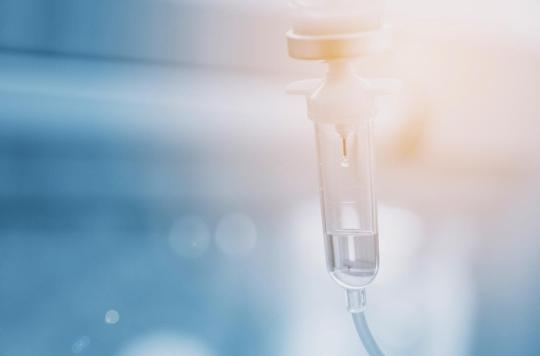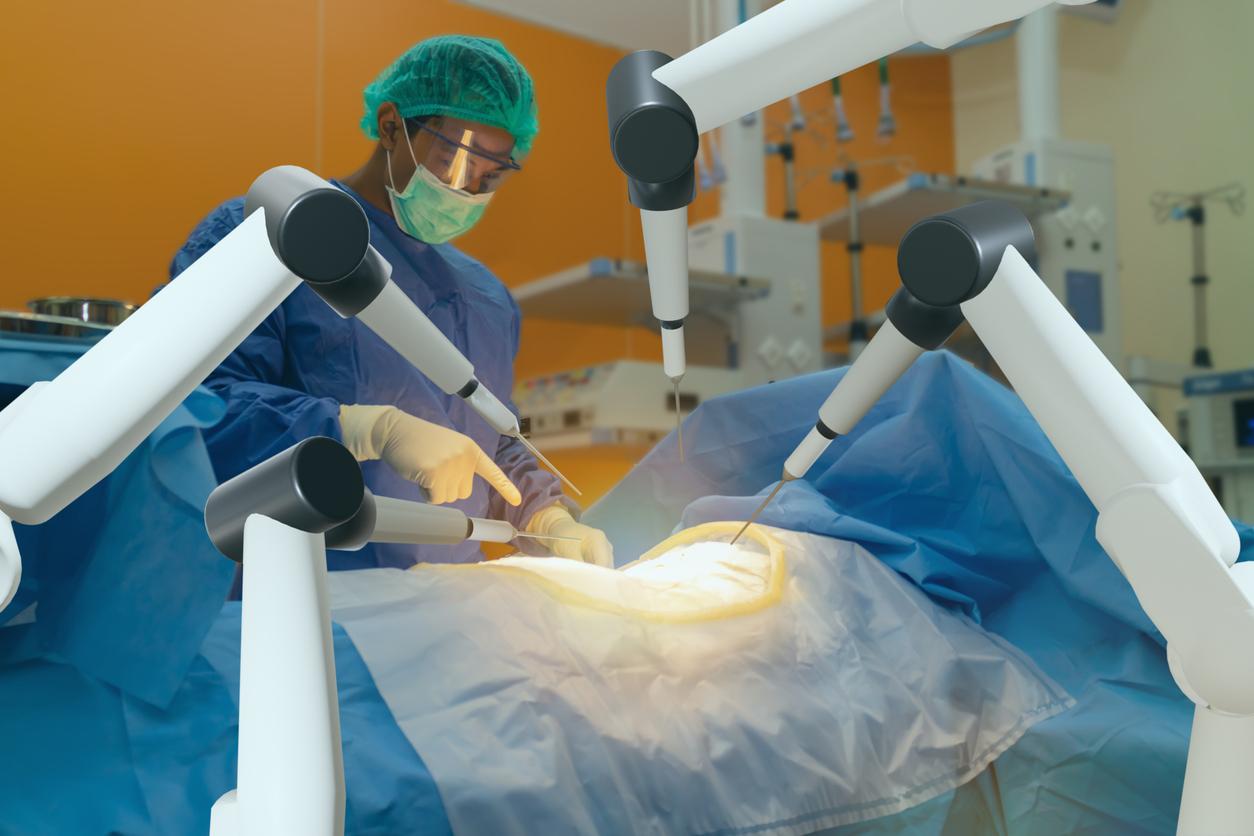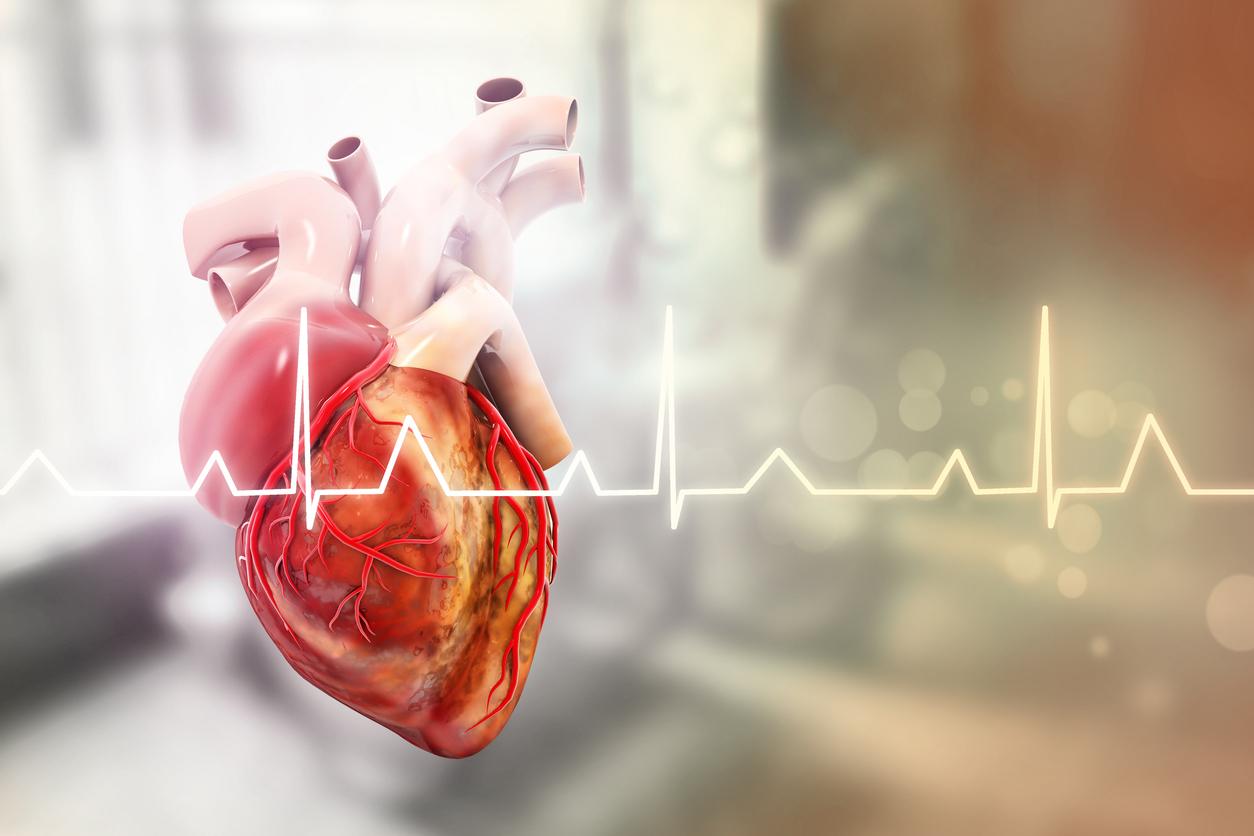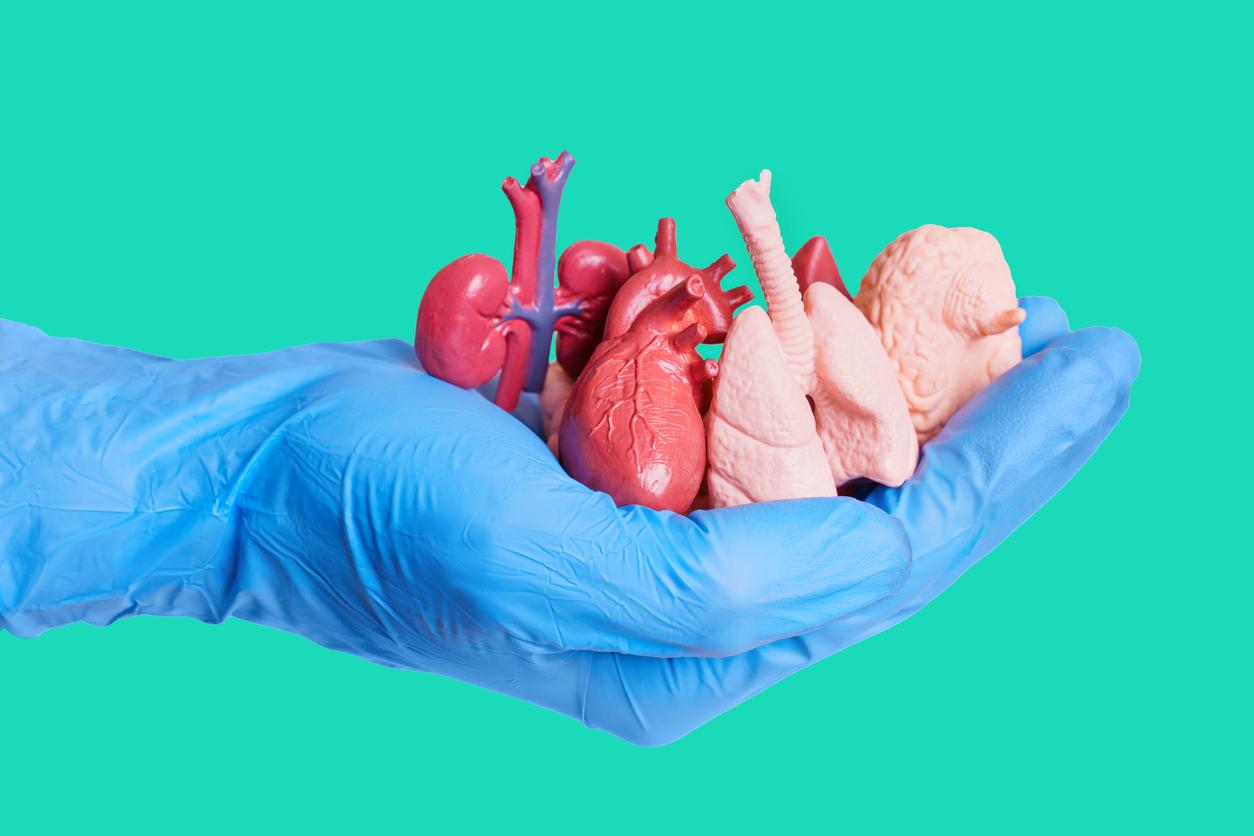Researchers have developed a novel perfusion system to preserve the organic functions of pigs for transplantation or resuscitation after stroke and infarction.

- In 2019, the same scientists revived the brains of pigs four hours after they died.
- The Biomedicine Agency indicates that in 2019, 5,897 transplants were performed in France, including 3,641 kidney transplants, 1,355 liver transplants and 425 heart transplants.
This is a potentially historic study which could considerably increase the number of organs that can be recovered for transplantation: teams from the Yale Faculty of Medicine (Connecticut, United States) have restored the circulation of oxygen and the cellular activity in vital organs of pigs, such as the heart and brain, one hour after the animals died.
The results of their work, published in the issue of the scientific journal Nature published on Wednesday August 3challenge the idea that cardiac death – which occurs when blood flow and oxygenation stop – is irreversible.
“Staggering”
The authors caution that these results do not show that the pigs were somehow resuscitated after death, especially in the absence of electrical activity in the brain. But these last experiences are all the same”amazing“said Nita Farahany, a neuroethicist at Duke University in Durham, North Carolina.
“We made the cells do something they couldn’t do“when the animals were dead,” says team member Zvonimir Vrselja, a neuroscientist at Yale University in New Haven, Connecticut.
OrganEx
Specifically, the researchers connected pigs that had been dead for an hour to a system called OrganEx that pumped a blood substitute throughout the animals’ bodies. The solution contained the animals’ blood and 13 compounds such as blood thinners.
Six hours later, this infusion slowed the decomposition of the bodies and also quickly restored certain organic functions, such as the contraction of the heart and the activity of the liver and kidneys. “The results are striking given how quickly decomposition begins after death.“, explains Vrselja.
A few minutes after the heart stops, in fact, the body is deprived of oxygen and the enzymes begin to digest the cell membranes, which leads to a rapid loss of the structural integrity of the organs.
Longevity
Although OrganEx helped preserve the integrity of some brain tissue and metabolism was revived in the dead pigs, the researchers did not observe any coordinated brain activity that would indicate that the animals had regained any consciousness. or sensitivity.
This breakthrough in cellular restoration, if it can be replicated in humans, could be as “deep“for human longevity than the advent of cardiopulmonary resuscitation and ventilators,” Farahany said.















